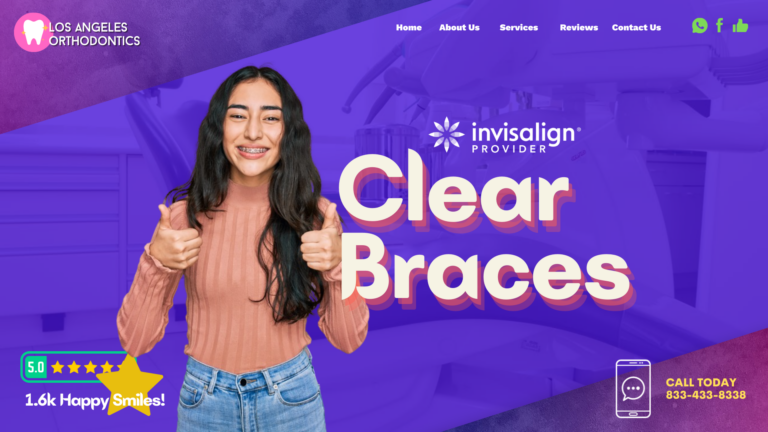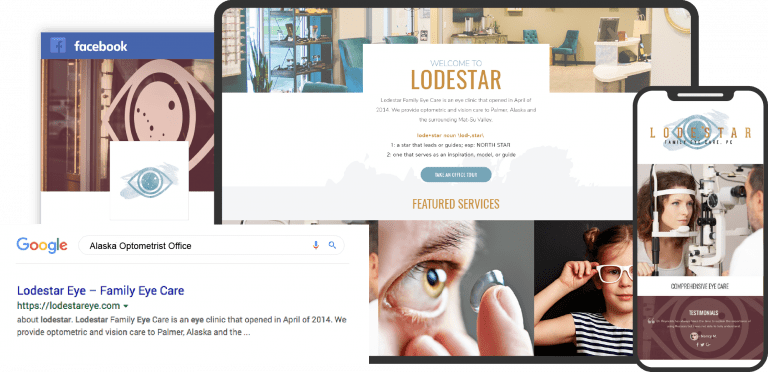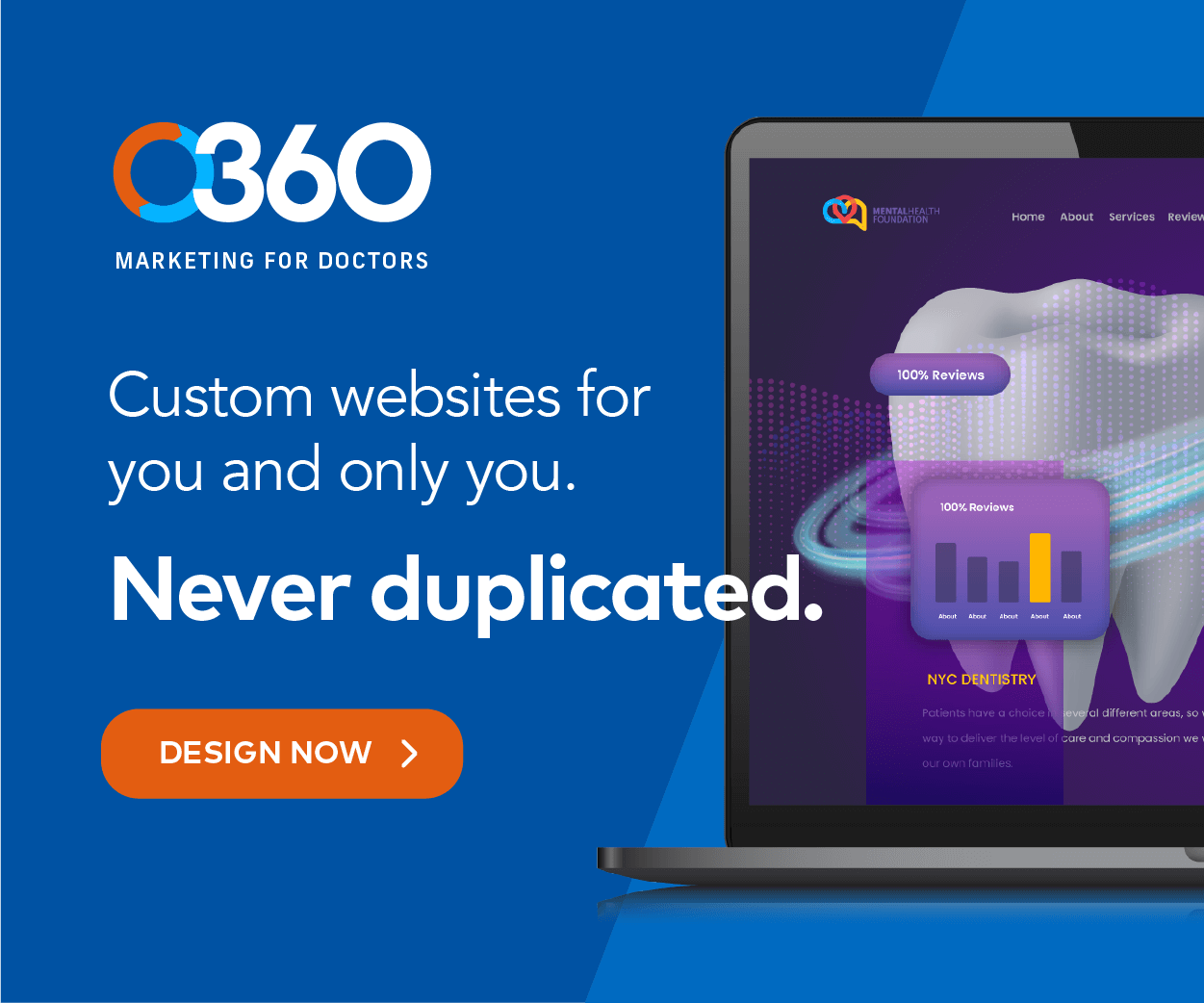In the evolving landscape of healthcare marketing, influencer marketing has become a powerful strategy for connecting with audiences meaningfully. By collaborating with thought leaders and influencers within the healthcare sector, brands can communicate their messages authentically and effectively.
What is Influencer Marketing?
Influencer marketing is a marketing strategy that involves collaborating with people with significant social media followers to promote products and services. Influencers can establish trust and credibility with their audience to influence their followers’ decisions and perceptions about a brand. In the healthcare industry, these influencers can range from medical professionals such as doctors, dentists, or nurses to health and wellness bloggers, patient advocates, and disease survivors sharing their journeys. Influencers can influence and educate the public on health through their intricate relationships with their audience.
In an industry where information accuracy and ethics are paramount, influencer marketing candidates should be carefully selected based on their knowledge, authority, and alignment with your brand’s values and goals. This also includes reaching niche audiences, enhancing your brand’s visibility, and driving conversations about health topics important to your practice.
The Key Types of Influencers in Healthcare
Young internet-born influencers flourishing on platforms such as YouTube and TikTok for their personality are the most obvious influencer marketing candidates that come to mind. However, in the healthcare industry, many influencers are used to communicate health messages and promote products, each with qualifications and experiences that enhance their positions on the internet.
Key Opinion Leaders (KOLs)
Key opinion leaders are respected experts in their respective medical fields, often with strong research, clinical practice, or healthcare policy backgrounds. These people are often physicians or researchers well-respected by their peers and have published extensively within their field of choice. These people are frequently sought after for influencer marketing to give opinions on medical advancements, treatment methods, and current healthcare trends. These people usually engage with professional audiences, researchers, and industry stakeholders.
Key Online Influencers (KOIs)
Key online influencers have established a substantial social following for sharing health-related content. These people build their reputations on social media platforms, blogs, and online communities and reach a wider audience, including patients, healthcare consumers, and wellness enthusiasts, promoting health-related products and services, sharing experiences, and offering advice.

Digital Opinion Leaders (DOLs)
Digital opinion leaders are diverse influencers such as patient advocates, online communities, and disease-specific organizations supporting a specific disease or condition. These groups combine people from various backgrounds, credentials, and insights to bridge the gap between clinical expertise and online health communities and make health information more accessible to the general public.
Patient Influencers
Patient influencers are people who work to share personal health journeys, caregiving stores, and experiences with specific conditions through online platforms and social media. These people offer a unique perspective on healthcare based on their journey as patients. They can provide insights for healthcare companies and practices looking to raise awareness for a particular disease, advocate for patient rights in healthcare, and offer places of peer support for those facing health challenges.
How You Can Create a Successful Healthcare Influencer Marketing Campaign
All of the mentioned influencers have the potential to be relevant to your brand. Still, it’s important to understand that a successful influencer marketing campaign means understanding who and what your audience is listening to, what resources they need from your practice, and how your audience engages with your current social media platforms. This method requires a nuanced approach that considers the influencer’s clout, relevance, and ability to engage with your target audience and how that aligns with you as a practice and brand. Here are some key considerations to consider when identifying healthcare influencers for your practice:
Understanding Your Audience
- Audience Needs and Preferences: Start by understanding your target audience, including their demographics, interests, healthcare needs, and how they spend their time online. This can guide you in choosing influencers to engage and resonate with your audience.
- Patient Journey Mapping: Consider your patients, their healthcare journey and challenges, and how they relate to your product or service. Once you’ve determined those aspects of your current patients, find influencers with similar experiences or knowledge that can better resonate with your audience.
Defining Your Campaign Goals
- Awareness, Education, or Conversion: Your campaign goals can range from raising awareness about a specific health condition to educating about different treatment options or driving conversion for a specific product or service you offer. Determining these goals can help you direct your influencer campaign better and more productively.
- Message Alignment: If your influencer’s style of content, tone, and values match yours, they’ll be able to broadcast your brand’s message and ethics in the same light. Considering the topic’s sensitivity, your choice of influencers in how they convey themselves is especially vital.
Evaluating Influencer Credibility and Expertise
- Professional Credentials: Campaigns that require in-depth healthcare knowledge require influences with verifiable professional credentials. However, if the choice of influencer is more patient-based, then their experiences and medical background should also be verified.
- Content Quality and Accuracy: Evaluate the quality and accuracy of the influencer’s content and check if it meets healthcare standards free from misinformation.
Observe Your Engagement and Reach
- Engagement Rate: Look beyond follower counts and assess how actively the influencer’s audience engages with their content through likes, comments, shares, and the quality of these interactions.
- Relevance and Reach: Ensure the influencer’s audience demographics match your target audience. An influencer with a smaller, more engaged, and relevant following can be more effective than one with a large but less engaged audience.
Consider Influencer and Content Compatibility
- Content Format: Identify influencers who excel in content formats that resonate with your audience, whether blogs, videos, podcasts, or social media posts.
- Campaign Integration: Consider how easily your brand’s message can be integrated into the influencer’s typical content without disrupting their narrative or alienating their audience.
Leverage Tools and Platforms
- Influencer Platforms and Tools: Use influencer marketing platforms and tools to locate influencers based on specific criteria, such as topic expertise, audience demographics, and engagement metrics.
- Social Listening: Use social listening tools such as Hootsuite to monitor health-related conversations and identify influencers engaging in relevant topics.

How Influencer Marketing Can Benefit Private Practices
Influencer marketing has become a valuable strategy not just for large healthcare corporations but also for private practices. By partnering with influencers, private practices can enhance their visibility, credibility, and patient engagement, thus leveraging influencers’ trust and rapport to build their brand and business.
Enhance Brand Awareness and Reach
Influencers can introduce your private practice to a broader audience, increasing your visibility among potential patients who may have yet to discover your services. Also, collaborating with influencers who specialize in specific healthcare niches or patient communities can ensure that your practice reaches a higher target audience, increasing the likelihood of attracting patients who can benefit from your services.
Increased Credibility and Trust
Influencers have spent considerable time building trust with their audience. When they recommend your practice, their endorsement gives you and potential patients credibility. Additionally, partnering with healthcare professionals or patient influencers who can speak authoritatively about their experiences with your practice can further influence their perceptions of it.
Improved Patient Education and Engagement
Influencers can work to educate people about complex medical procedures and treatments through educational content, making healthcare information more accessible and understandable. It can also work to alleviate fears and misconceptions about complex procedures and help potential patients make better, more informed healthcare decisions. These influencers can work to engage with their audience through Q&A sessions, live discussions, and interactive content that’s related to your practice and help foster a community around your practice to encourage more referrals.
Boosted Online Presence and SEO
These influences can drive traffic to your practice’s social media platforms and website and improve your online visibility. Increasing your digital footprint through these methods can lead to a higher search engine rank, making it easier for patients to find your medical practice online. Influencers can work with your campaign to create multiple types of content, from blog posts and videos to social media posts, which can work to keep your audience engaged and support your search engine optimization efforts with backlinks and social signals.
Uniqueness in a Competitive Market
Highlighting what makes your brand unique in a crowded healthcare market can help your practice stand out. Whether it’s your specialty or the success stories your patients have experienced with your treatments, this can make your brand more relatable, adding a personal touch that’s appealing to patients seeking your services.
Seek Out Optimized360 For Your Medical Marketing
While influencer marketing in healthcare presents many opportunities to enhance your practice’s visibility, credibility, and patient engagement, navigating this landscape can only be challenging with the right expertise. Through our medical marketing team at Optimized360, our SEO experts can help you accomplish your medical marketing goals and help you expand your outreach for your brand, and help you build your practice. Contact Optimized360 today, and let us help you achieve your goals for your practice.













